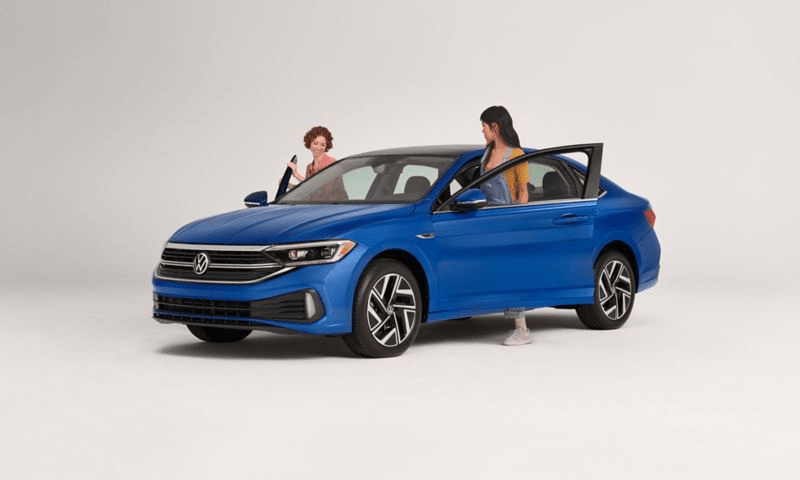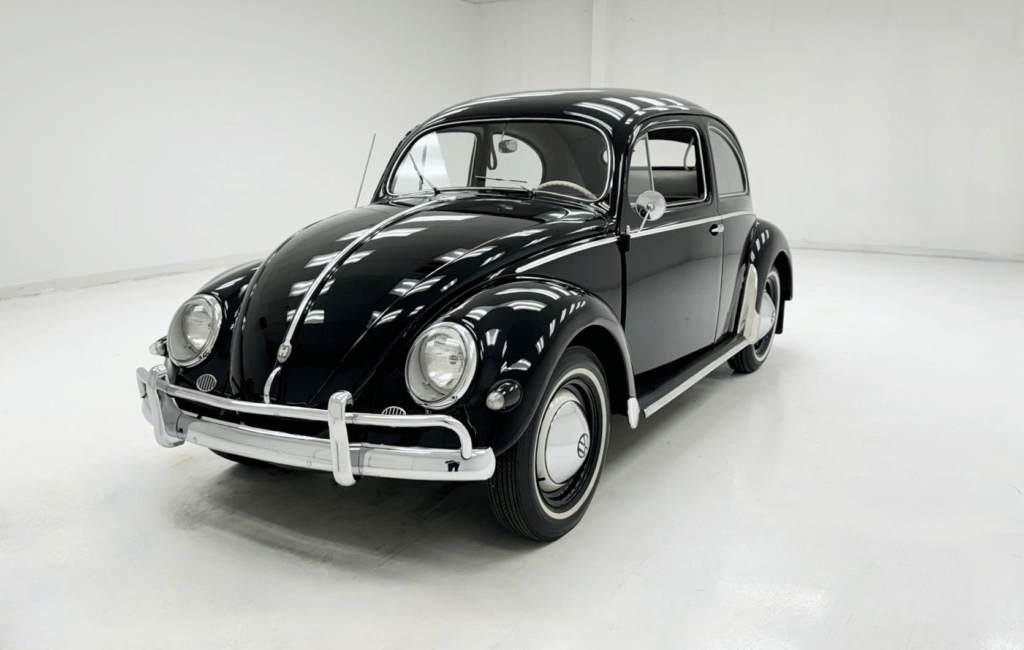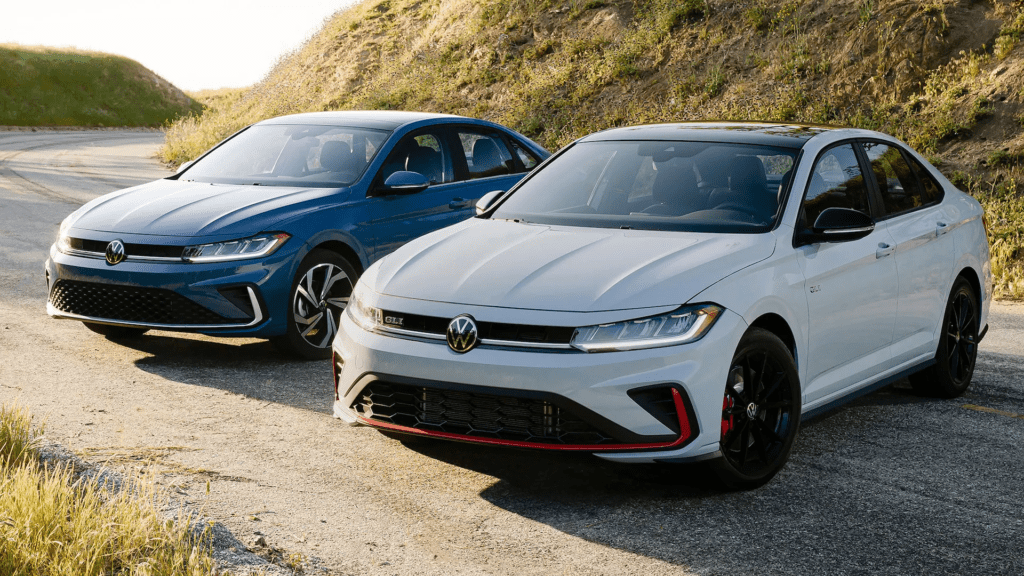
Who Founded Volkswagen? Discovering the Visionary Behind the Iconic Brand
Volkswagen, widely recognized as VW, is a German multinational car manufacturer headquartered in Wolfsburg, Lower Saxony, Germany. Established in 1937, the company’s name means “People’s Car,” aligning with its original aim to produce vehicles accessible to everyday citizens. Here’s a streamlined look at Volkswagen’s journey:
Founded by the German Labour Front during the Nazi era, Volkswagen’s inception was shaped by the vision of Adolf Hitler and engineering by Ferdinand Porsche. The iconic Beetle, or “Type 1,” became Volkswagen’s flagship model after World War II. It is known for its straightforward and durable design, which won global popularity, making it one of the best-selling cars of all time.
Trending Now!!:
Under Heinz Nordhoff’s leadership starting in 1948, Volkswagen evolved from a single-model producer into a major automotive brand. Expanding beyond the Beetle, VW introduced a variety of models over the years, from sedans and SUVs to electric vehicles and luxury cars through its subsidiaries.

Volkswagen AG ranks among the world’s largest car manufacturers today and owns brands like Audi, Porsche, SEAT, and Škoda while holding significant stakes in premium brands like Bentley, Bugatti, and Lamborghini. Although Volkswagen faced a setback with the 2015 “Dieselgate” emissions scandal, it has since undertaken major reforms in governance and sustainability, advancing in diesel and electric vehicle technology.
Volkswagen’s legacy as one of the leading global car manufacturers reflects a storied past that began in the heart of Germany and evolved into an automotive powerhouse. Here’s a closer look at its founders and formative years.
The Visionary: Ferdinand Porsche
The story of Volkswagen starts with Ferdinand Porsche, a renowned automotive engineer. Born in 1875, Porsche had a prolific career in the industry, working on electric vehicles and developing the first hybrid vehicle before the turn of the 20th century. However, his most significant impact came with his association with Adolf Hitler and the Kraft durch Freude (KdF) project.
The People’s Car Concept

In the early 1930s, Germany, under the leadership of the Nazi regime, sought to boost its economy and improve the lives of its citizens. Adolf Hitler envisioned a car that would be affordable for the average German worker, hence the name “Volkswagen,” which translates to “People’s Car.” This idea was not just about providing transportation; it symbolized a new era of accessibility and mobility for the masses.
Ferdinand Porsche and the Beetle
Ferdinand Porsche was tasked with designing this vehicle. His concept, which eventually became the Volkswagen Beetle, was revolutionary for its time:
- Affordability: The car was designed to be simple and economical to produce, aiming for a price that the average German could afford.
- Reliability: Porsche ensured the car was durable and easy to maintain.
- Innovative Design: The Beetle featured an air-cooled, rear-mounted engine, a monocoque construction, and a streamlined shape, all of which were unconventional for the era.
The Volkswagenwerk GmbH
The project was initially under the Society for KdF, but in 1937, the company “Volkswagenwerk GmbH” was founded in Fallersleben, Germany. This company was established specifically to manufacture the Volkswagen, with the government-backed plant beginning construction in 1938. However, the outbreak of World War II shifted the factory’s focus to military vehicles, and the production of the civilian Volkswagen was postponed.
Post-War Revival and British Influence

After the war, the heavily damaged Wolfsburg factory was in British hands as part of their occupation zone. The British military government saw potential in Porsche‘s design and began producing the Beetle under the name “Volkswagen” for their own use and later for the German market.
- Major Ivan Hirst: A British Army officer, Major Ivan Hirst, played a crucial role in restarting production. His efforts ensured the company’s survival in the post-war era.
- Heinz Nordhoff: In 1948, Heinz Nordhoff was appointed Volkswagen’s director. Under his leadership, the company not only survived but thrived, and the Beetle became an international phenomenon.
Legacy and Expansion
Volkswagen’s success with the Beetle laid the foundation for the company’s future growth. Over the decades, Volkswagen expanded globally, introducing a range of vehicles, from compact cars to luxury brands like Audi and Porsche (which became an independent entity under Ferdinand Porsche’s son, Ferry Porsche), and later acquiring brands like Lamborghini and Bentley.

